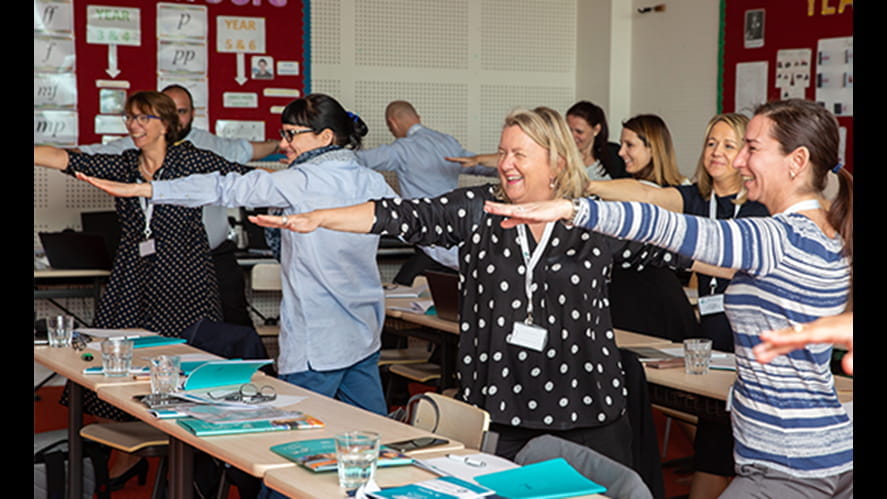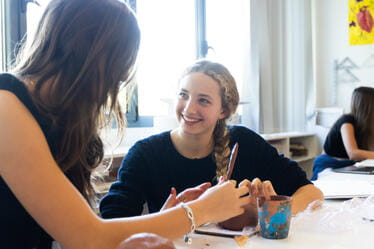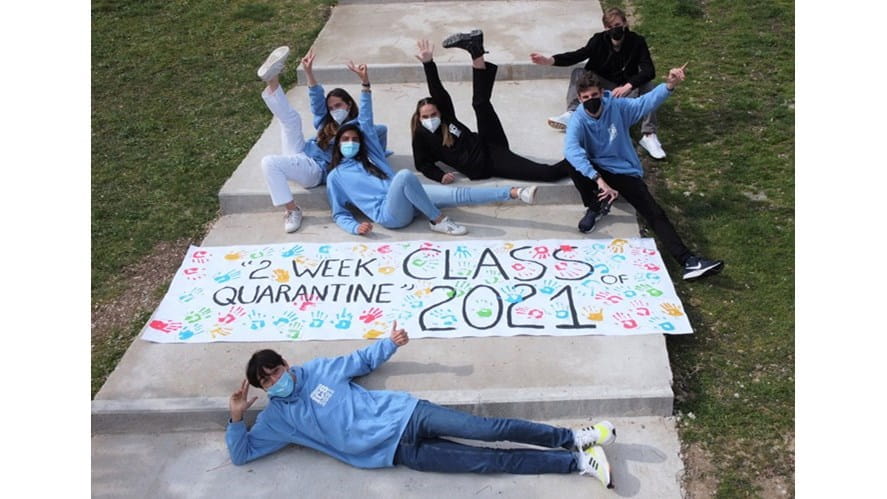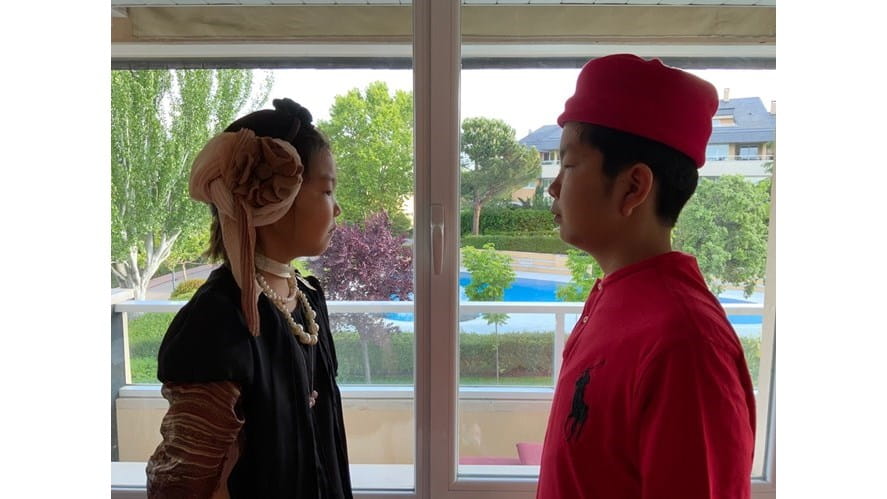The core of education’s future In the age of automation, developing strong values, a sense of purpose and well-being will enable students to succeed in the future, Dubai education expert says.
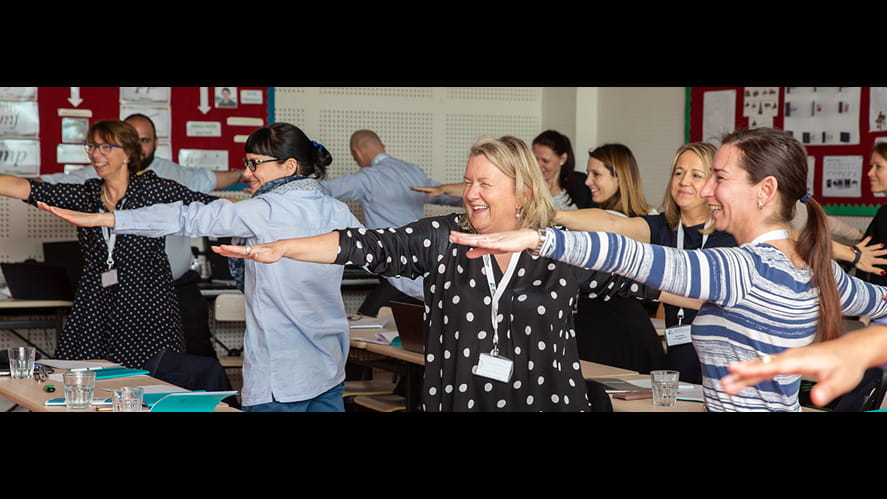
In the age of automation, developing strong values, a sense of purpose and well-being will enable students to succeed in the future, Dubai education expert says at Nord Anglia Education's recent Europe and Middle East regional conference.
We are not human doings, we are human beings, Knowledge and Human Development Authority (KHDA) director general Dr Abulla Al Karam says.
Dr Al Karam said empathy and creativity, alongside STEAM skills, were vital to equipping students for the future.
“The World Economic Forum predicts the top skills students will need in the next few years include creativity and emotional intelligence,” Dr Al Karam said.
Speaking at Nord Anglia Education’s Positive Education conference, where ICS joined fellow Nord Anglia schools from Europe and the Middle East, in Dubai last week, Dr Al Karam told delegates developing learning around CORE (creativity, originality, responsibility and empathy) would enable young people to have a more balanced education. Listening, expressing more love and giving support to students to boost their confidence are simple and effective ways teachers can prepare students for a bright, happy future.
“A teacher in a classroom has a unique impact. They [students] don’t care how much teachers know until they know how much teachers care,” Dr Al Karam said.
However, Dr Al Karam claims it is not a new phenomenon.
“More than 2300 years ago the Greek philosopher Aristotle said, ‘educating the mind without educating the heart is no education at all’.”
Because technology is evolving at a pace that people are struggling to keep up with, Dr Al Karam said changing teachers’ practices and mindset about education will prepare them and their students for the age of automation.
He said the power of Aristotle’s quote showed there needs to be a shift from doing things like a robot to exploring what it means to be human.
“If you are giving students tests that can be completed by a robot then we are preparing them to be robots,” Dr Al Karam said.
“We are human beings not human doings. The skills we need to thrive in the future have their roots in well-being.”
On the topic of leadership, school leaders ought to be aware and open to change by setting an example instead of transmitting knowledge in a classroom.
“We [as teachers and school leaders] tell them [students] about the importance of taking risks but we are reluctant to take risks ourselves,” Dr Al Karam said.
“Very soon the greatest risk will not be change but in staying the same.”
One way the KHDA is helping to shift education in Dubai is by building awareness around the need to develop a greater sense of well-being among all stakeholders in education.
In 2017, the city’s education regulator launched a five-year census to gauge student well-being in schools with the aim to improve their welfare. The project included 65,000 students across 170 schools in Dubai. The aim of focussing on well-being is enabling parents to select schools based on the level of pastoral support offered to students.
Dr Al Karam said last year his organisation also worked to create well-being among adults in schools, helping them to make changes to improve their lives. He said helping individuals discover their purpose greatly enhanced their sense of well-being.
“If we have purpose in our lives, we can derive meaning from helping others,” Dr Al Karam said.
“If we can lift ourselves up when life pulls us down it is because we have developed a strong sense of well-being.”
In his key note address at the Positive Education conference NAE’s Education Director Andy Puttock said it was important to build a culture around developing well-being in schools, and stressed his commitment to the cause.
“The higher a place we can give well-being in our schools the better off we will be,” he said.
The process starts with reassessing our values, Dr Al Karam said.
“We need to change what we value in education,” he said.
“We can listen to education leaders, teachers, parents and students and bring them together to talk about our strengths and the positive changes we can make. The shift is happening already.”



